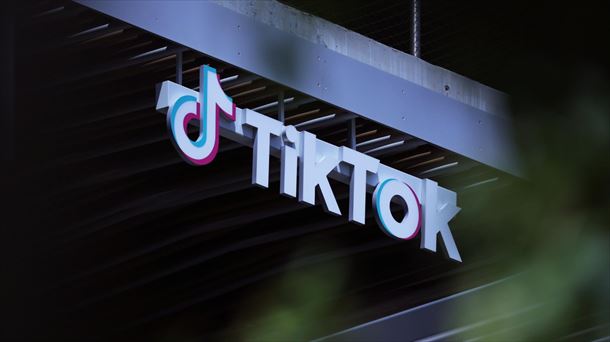According to sources cited by EFE, community institutions have reached a principle of agreement on the rules to regulate the foundational models on which systems like ChatGPT are based.
The Council of the European Union, the European Parliament and the European Commission have made progress in their negotiations to try to agree on a artificial intelligence lawand after 22 hours of conversations, They will continue today, Friday, at 9:00 a.m..
According to sources cited by EFE, the community institutions have reached a principle of agreement on the rules to regulate the foundational models on which systems like ChatGPT are based.
The Internal Market Commissioner, Thierry Bretonhas announced in X that “a lot of progress has been made in the last 22 hours”, and the social democrat Brando Benifeione of the speakers, added that it has been “a very demanding marathon of negotiations.”
Initially, it was not planned that the standard would regulate the foundational models on which generative artificial intelligence is based. So, in April 2021, the OpenAI company’s ChatGPT system had not yet emerged.
Since then, the EU has sought a way to include them, and this has been one of the main points of friction between its institutions.
The States wanted companies to commit to a voluntary code of good practices to ensure that founding models do not pose a risk to people and that the data used to train artificial intelligence does not discriminate on the basis of sex, race or religion.
Parliament, on the other hand, was committed to forcing companies to verify that the systems are secure, before being able to use them in risk contexts, such as health, justice or labor contracting.
The other major point of friction in the negotiations are the exceptions in the regulations to allow real-time biometric surveillance in public spaces. Governments want it to be used to prevent crimes, while the European Parliament considers that it is fundamental rights.













+ There are no comments
Add yours